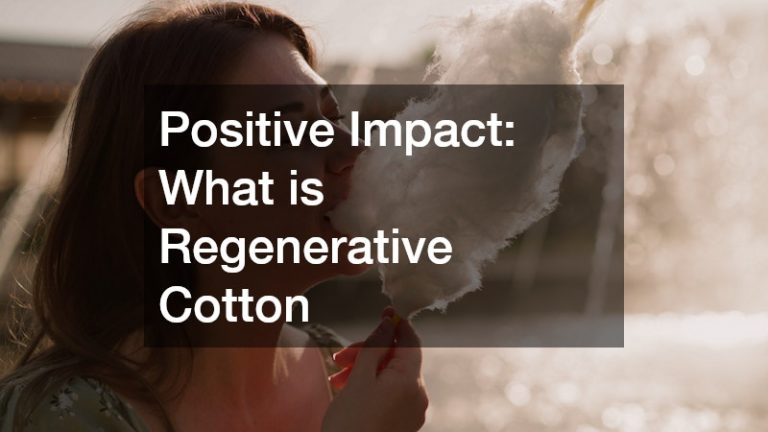News reports regularly carry the bad news: Earth is running out of fresh water. With only 1% of all of Earth’s water being suitable for human use, water shortages and scarcity are becoming more common each day. Authorities have thus been seeking ways to reduce the amount of water that gets wasted.
Wastewater treatment, also known as sewage treatment, is a process that converts dirty, contaminated, or excess water, into clean water free of contaminants and microorganisms.
The treated water can then be released back into the water cycle. In essence, it is a form of water recycling to ensure that no water gets wasted or dumped into our oceans. Because the process is friendly to public health and the environment, wastewater treatment has become one of the more popular septic tank alternatives.
While septic tanks also treat water and release the clean water back to the Earth, the effluent (the remaining sludge that is left after the water is discharged) produced in a septic tank is polluting and potentially toxic, and thus needs to undergo further treatment.
In contrast, a wastewater treatment plant produces clean, non-toxic effluent that can be discharged straight into the soil. This clean process of sewage treatment has numerous benefits to society. Here are some of them:
Prevention Against Disease
Wastewater can carry numerous forms of chemicals, bacteria, and microorganisms that can either cause or carry disease. If people come into contact with untreated water, this could cause a disease outbreak that could result in widespread illness and even death.
Wastewater treatment filters these harmful contaminants, and the overall process can remove up to 97% of contaminants from the water. This ensures that the wastewater becomes safe enough not only for humans but for animals and plants as well.
Pollution Reduction
Even a small amount of water left untreated can pollute a much larger volume of clean water. Without wastewater treatment, this contaminated water could end up polluting the sources of our freshwater supply, such as rivers and streams.
Should this happen, we would not have any way to source water that is safe for everyday use. Furthermore, the contaminants may also end up harming wildlife as well, resulting in a disruption in the ecosystem and the food chain.
Conversely, wastewater treatment can actually be a solution to environmental disruptions, in that the treated water could then be redirected to treat areas experiencing a dry spell. Thus, wastewater treatment helps address not only water pollution but environmental pollution as well.
Water Reclamation

Water scarcity is one of the biggest issues confronting our world today. Thus, it is important that we make the best use of our water supply. This is where wastewater treatment comes in. Through the treatment process, contaminated and unsafe water is filtered and clean, making it safe for use again.
This is known as water reclamation, where no water ends up leaving the system or going to waste. The contaminants originally found in wastewater can be repurposed as well. Because most of these are biodegradable, they can be used to produce methane (which is a source of electricity and often powers the treatment plant itself) or turned into fertilizer.
Truly, with wastewater treatment, nothing is wasted. The world is shifting towards reusing and recycling, which is all the more reason to do the same for water. By repurposing water through wastewater treatment, we can maximize our water supply and make sure it does not run out.











